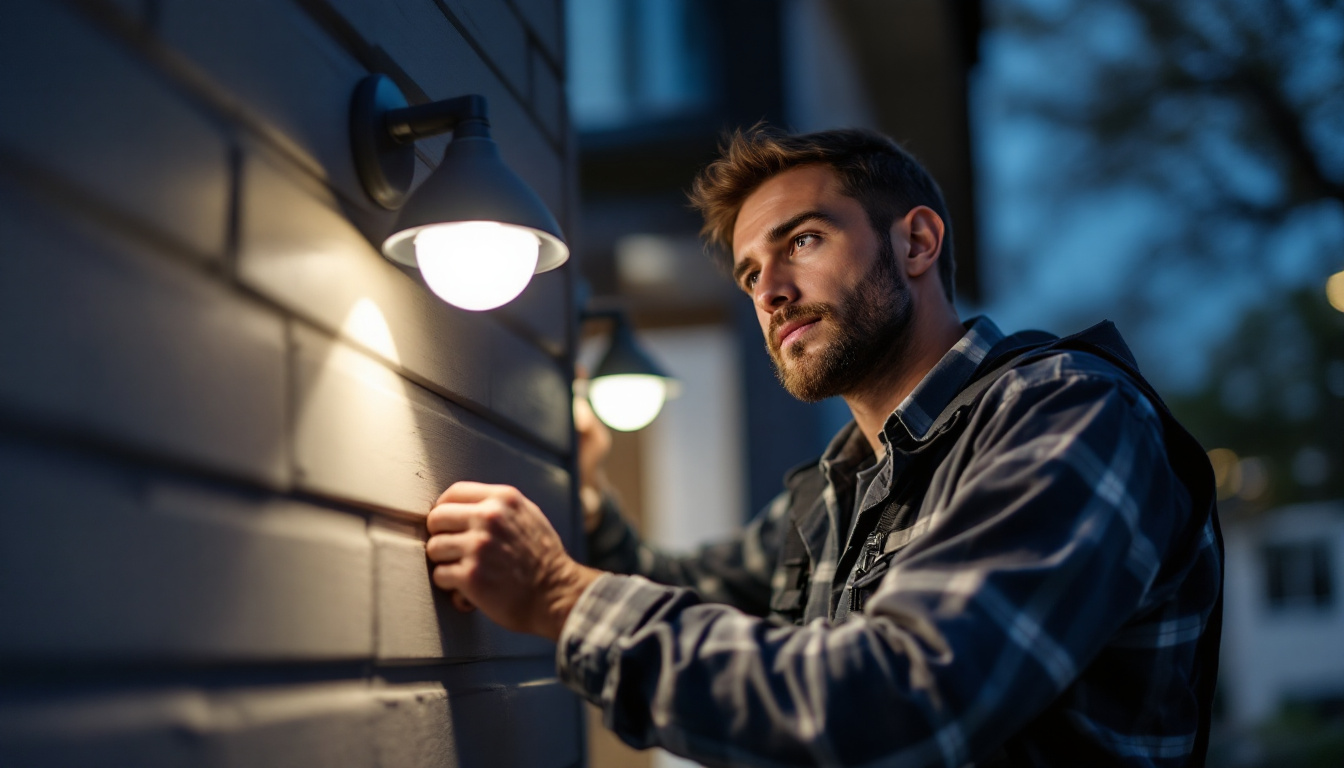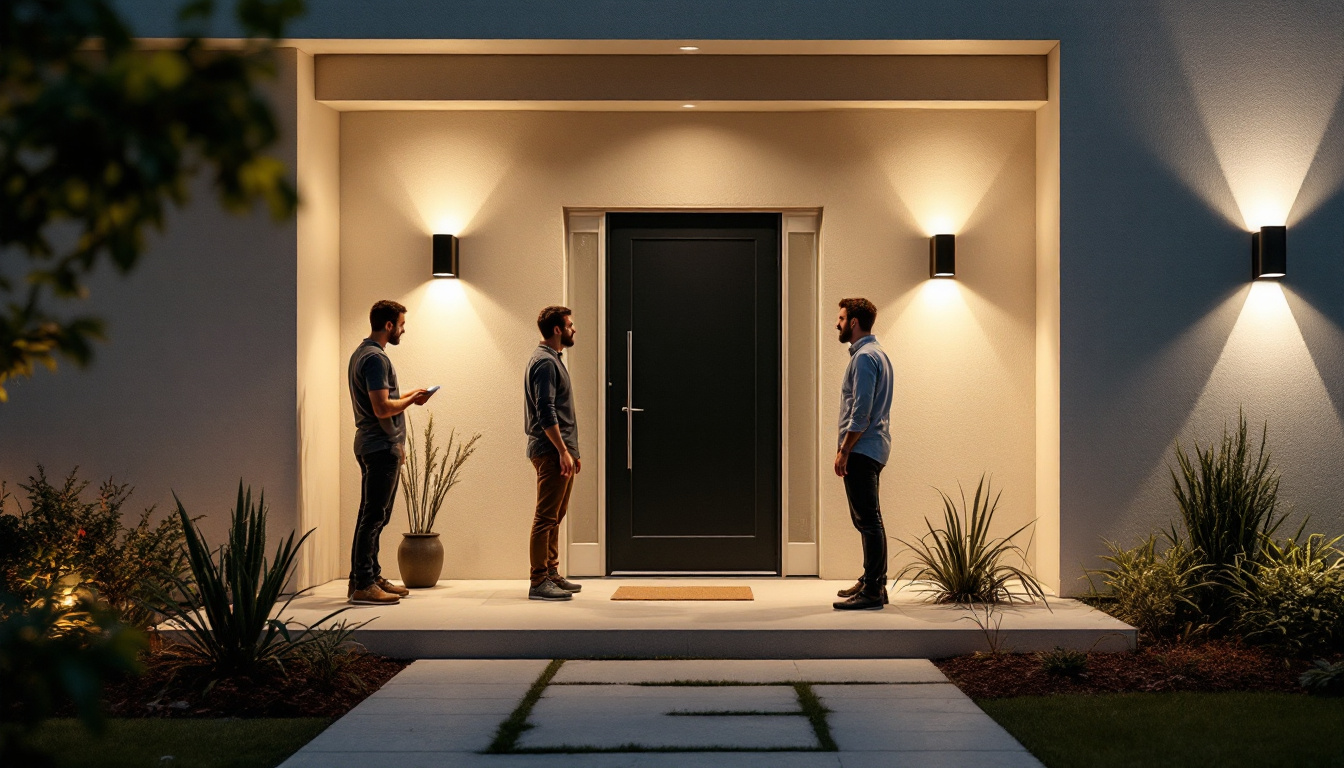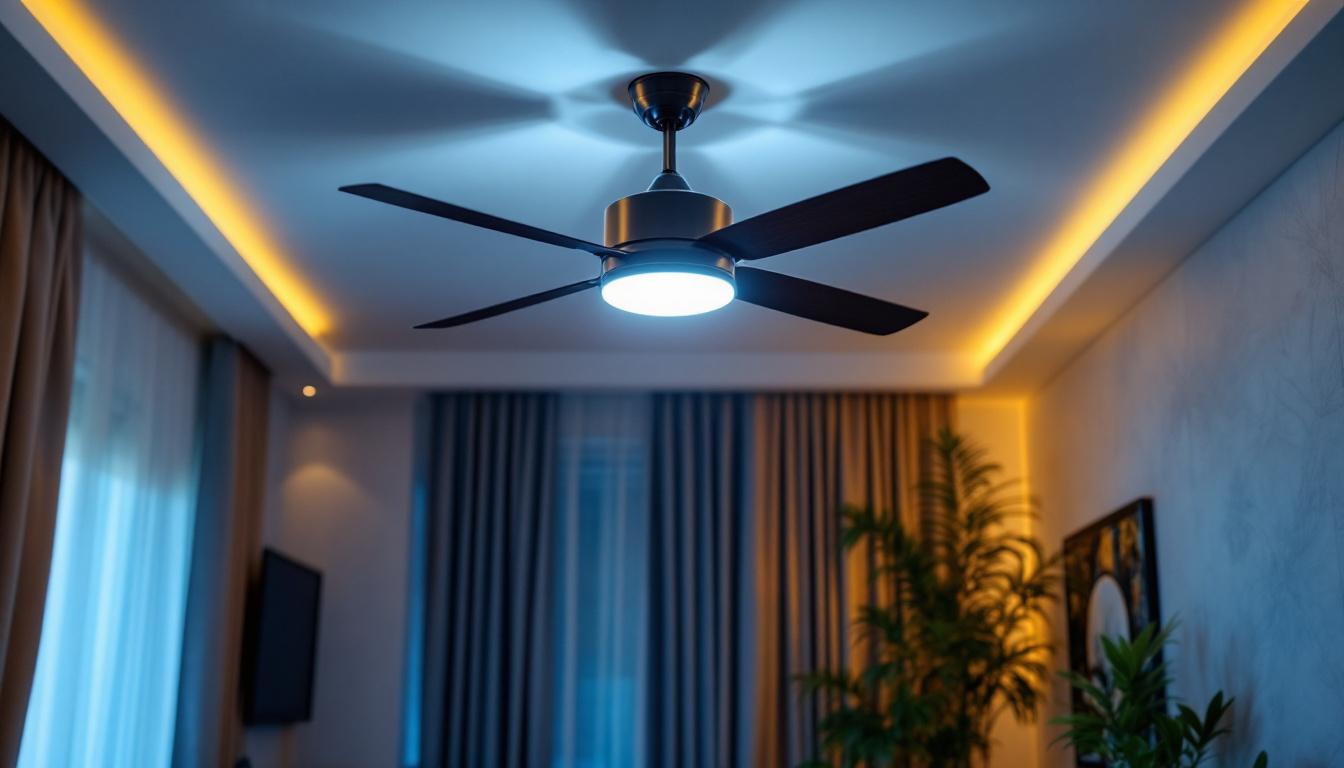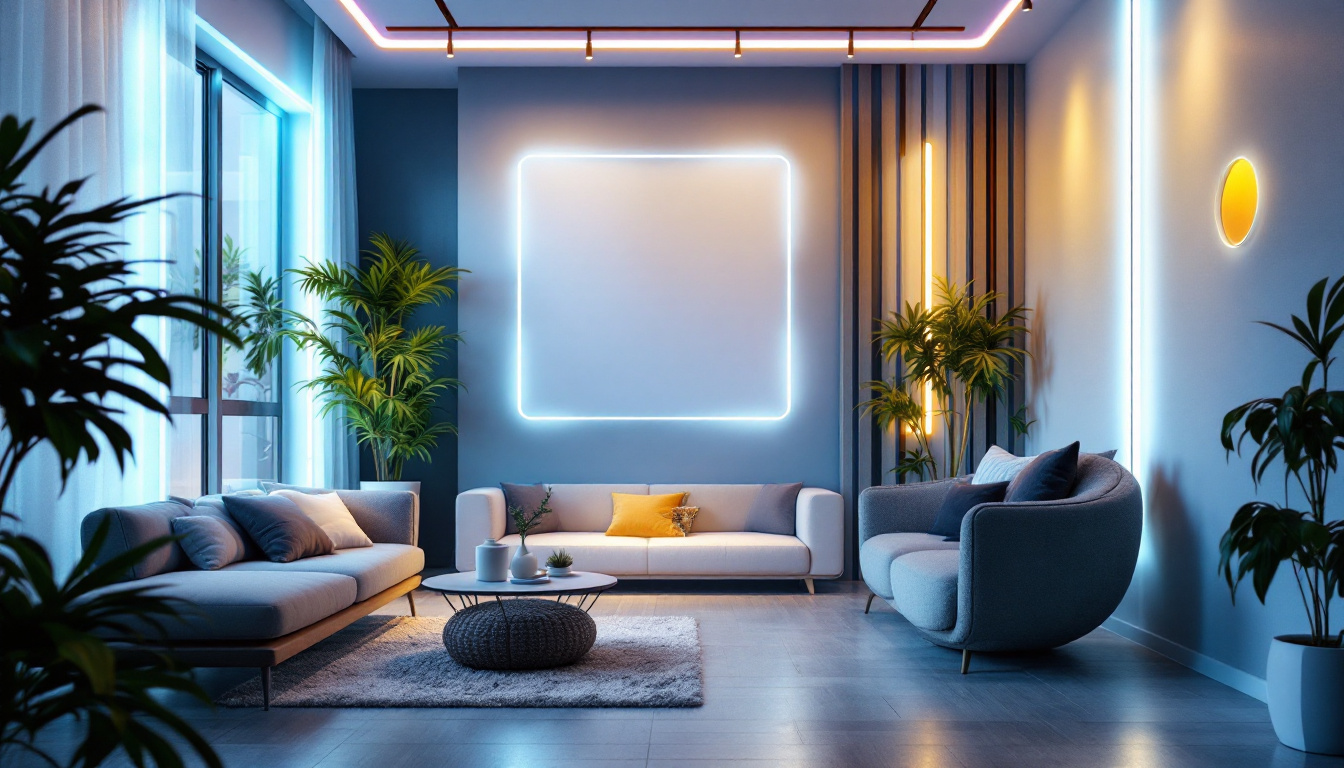
As the demand for sustainable and energy-efficient solutions continues to grow, outdoor solar lighting has emerged as a popular choice among homeowners and businesses alike. For lighting contractors, understanding the best practices for installing and maintaining solar panel lighting systems is essential for ensuring customer satisfaction and maximizing project efficiency. This article delves into the best practices for outdoor lighting solar panels, offering insights tailored specifically for lighting contractors.
Before diving into best practices, it’s crucial to have a solid understanding of how solar lighting systems operate. These systems harness sunlight through solar panels, converting it into electricity that powers LED lights. The efficiency of solar lighting depends on several factors, including the quality of the solar panels, the type of batteries used, and the overall design of the lighting fixtures. Understanding these elements is essential for achieving optimal performance and longevity in solar lighting installations.
Additionally, the geographic location and climate can significantly influence the effectiveness of solar lighting systems. Areas with abundant sunlight will naturally yield better performance compared to regions with frequent overcast conditions. This variability necessitates careful planning and consideration when designing solar lighting solutions, ensuring that they meet the specific energy needs of the environment in which they are installed.
Solar lighting systems typically consist of several key components: solar panels, batteries, LED fixtures, and controllers. Each component plays a vital role in the overall performance of the system. Understanding the specifications and capabilities of each part can help in selecting the right components for a given project.
Solar panels capture sunlight and convert it into electrical energy. The batteries store this energy for use during nighttime or cloudy days. The choice of battery type, whether lithium-ion or lead-acid, can affect both the lifespan and efficiency of the system. LED fixtures are energy-efficient lighting options that provide bright illumination while consuming minimal power. Controllers manage the flow of electricity, ensuring that lights turn on and off at the appropriate times. Advanced controllers may also offer features such as dimming capabilities and remote monitoring, enhancing the functionality of solar lighting systems.
There are various types of solar lighting solutions available, including pathway lights, flood lights, and decorative fixtures. Pathway lights are ideal for illuminating walkways and driveways, while flood lights can provide security lighting for larger areas. Decorative fixtures add aesthetic appeal to outdoor spaces while still serving a functional purpose. Each type of solar light can be designed to blend seamlessly with the surrounding landscape, enhancing both safety and beauty.
When selecting solar lighting products, contractors should consider the specific needs of the project and the preferences of the client. Each type of fixture has its unique advantages and can be tailored to fit various outdoor environments. For instance, solar garden lights not only illuminate but also enhance the visual appeal of gardens, while solar street lights can significantly improve safety in public areas. Furthermore, the integration of smart technology in solar lighting systems is becoming increasingly popular, allowing users to control their lighting remotely and customize settings based on their preferences or specific events, making solar lighting a versatile choice for modern outdoor spaces.
Proper installation is crucial for maximizing the performance and longevity of solar lighting systems. Following best practices during installation can help contractors avoid common pitfalls and ensure that clients receive the best possible results.
Before beginning any installation, a thorough site assessment is essential. This includes evaluating the amount of sunlight the area receives throughout the day, as well as identifying any potential obstructions, such as trees or buildings, that may cast shadows on the solar panels.
Contractors should also consider the specific lighting needs of the client. For instance, areas with high foot traffic may require brighter lighting, while decorative fixtures may be more suitable for gardens or patios. Understanding the client’s preferences and the site’s characteristics will help in selecting the right solar lighting solutions.
The placement of solar panels is critical for maximizing their efficiency. Ideally, panels should be installed in locations that receive direct sunlight for most of the day. This may involve adjusting the angle of the panels to capture sunlight more effectively, especially in regions with varying sun angles throughout the year.
Additionally, contractors should ensure that the panels are securely mounted and free from debris that could obstruct sunlight. Regular maintenance checks can help maintain optimal performance and extend the lifespan of the solar panels.
While many solar lighting systems are designed to be plug-and-play, understanding the wiring and connections is essential for troubleshooting and maintenance. Contractors should familiarize themselves with the manufacturer’s guidelines regarding wiring configurations and connections to ensure a seamless installation.
Properly securing all connections will help prevent issues such as short circuits or power loss. Using waterproof connectors and ensuring that all wiring is adequately protected from the elements will enhance the durability of the installation.
Even the best-installed solar lighting systems require regular maintenance to ensure optimal performance. Contractors should educate their clients about the importance of routine checks and offer maintenance services as part of their offerings.
Solar panels should be kept clean to ensure maximum efficiency. Dust, dirt, and debris can accumulate on the surface of the panels, blocking sunlight and reducing their effectiveness. Contractors should recommend that clients clean their solar panels periodically, especially after storms or heavy winds.
Cleaning can be done with a soft cloth or sponge and a mild detergent. It’s important to avoid abrasive materials that could scratch the surface of the panels. Educating clients about the cleaning process can help them maintain their systems and prolong their lifespan.
The batteries used in solar lighting systems are crucial for storing energy. Over time, batteries can degrade, leading to reduced performance. Contractors should advise clients on the signs of battery failure, such as dimming lights or inconsistent performance.
Regularly checking the battery connections and ensuring they are clean and secure can help maintain optimal performance. If batteries need to be replaced, contractors should recommend high-quality options that are compatible with the existing system.
Contractors should be prepared to troubleshoot common issues that may arise with solar lighting systems. Some frequent problems include lights not turning on, dim lighting, or inconsistent performance. Understanding the potential causes of these issues can help contractors provide efficient solutions.
For instance, if lights are not turning on, it may be due to insufficient sunlight exposure or a faulty battery. Dim lighting could indicate a need for cleaning the solar panels or replacing the batteries. Having a systematic approach to troubleshooting can enhance client satisfaction and build trust in the contractor’s expertise.
While functionality is essential, the aesthetic appeal of outdoor lighting cannot be overlooked. Solar lighting solutions can enhance the beauty of outdoor spaces while providing necessary illumination. Contractors should consider design elements that complement the architecture and landscaping of the property.
Selecting the right fixtures is crucial for achieving the desired aesthetic. There are various styles available, from modern and sleek designs to more traditional and ornate options. Contractors should work closely with clients to understand their preferences and recommend fixtures that align with their vision.
Incorporating decorative elements, such as colored LED lights or unique fixture designs, can add personality to outdoor spaces. Contractors should stay updated on the latest trends in outdoor lighting to offer clients innovative solutions that enhance their properties.
Layering light is an effective technique for creating depth and interest in outdoor spaces. By combining different types of lighting, such as ambient, task, and accent lighting, contractors can create a well-rounded lighting scheme that enhances the overall atmosphere.
For example, pathway lights can provide safety and guidance, while accent lights can highlight specific features, such as trees or sculptures. By thoughtfully layering light, contractors can transform outdoor areas into inviting and functional spaces.
As lighting contractors, educating clients about the benefits of solar lighting can help them make informed decisions. Many homeowners and businesses may be unaware of the advantages that solar lighting offers, including energy savings, low maintenance, and environmental benefits.
One of the most significant advantages of solar lighting is its energy efficiency. By harnessing the power of the sun, solar lights reduce reliance on traditional electricity sources, leading to lower energy bills. Contractors should highlight the long-term cost savings associated with solar lighting, making it an attractive option for budget-conscious clients.
Additionally, many solar lighting systems are designed to last for years with minimal maintenance, further enhancing their cost-effectiveness. Educating clients about the financial benefits can help them appreciate the value of investing in solar lighting solutions.
Solar lighting systems contribute to a more sustainable future by reducing carbon footprints. By using renewable energy sources, clients can feel good about their choice to install solar lighting. Contractors should emphasize the positive environmental impact of solar lighting, appealing to clients who prioritize sustainability in their purchasing decisions.
Furthermore, many solar lighting products are made from eco-friendly materials, further aligning with environmentally conscious values. Educating clients on these aspects can foster a sense of responsibility and encourage them to choose solar lighting solutions.
Incorporating solar lighting solutions into outdoor spaces is not only a smart choice for energy efficiency but also a way to enhance the aesthetic appeal of properties. For lighting contractors, understanding best practices for installation, maintenance, and client education is essential for success in this growing market.
By following the guidelines outlined in this article, contractors can ensure that they deliver high-quality solar lighting solutions that meet the needs and expectations of their clients. As the demand for sustainable lighting continues to rise, embracing solar technology will position contractors as leaders in the industry, ready to meet the challenges and opportunities of the future.
Ready to elevate your outdoor lighting projects with the best solar solutions on the market? Look no further than LumenWholesale. We provide lighting contractors with the highest quality, spec-grade lighting products at unbeatable wholesale prices. Our commitment to cutting out the middleman means you get the superior products you need without the inflated markups. With our extensive selection that meets rigorous industry standards, you can trust that your installations will shine with reliability and high performance. Plus, with hassle-free bulk buying and free shipping, you can stock up on premium lighting at the best value — without any hidden fees or compromises. Don’t miss out on the perfect combination of quality, affordability, and convenience. Visit LumenWholesale today and discover how we can help you become a leader in sustainable outdoor lighting.

Discover the essentials of motion-sensored lights compliance in this insightful guide for lighting contractors.

Discover effective strategies for training your team in selecting and installing outside door lights.

Discover why choosing the right ceiling fans with lights is crucial for lighting contractors.

Explore the rising significance of strip lights in the lighting industry, highlighting their versatility, energy efficiency, and innovative applications that are transforming modern spaces.